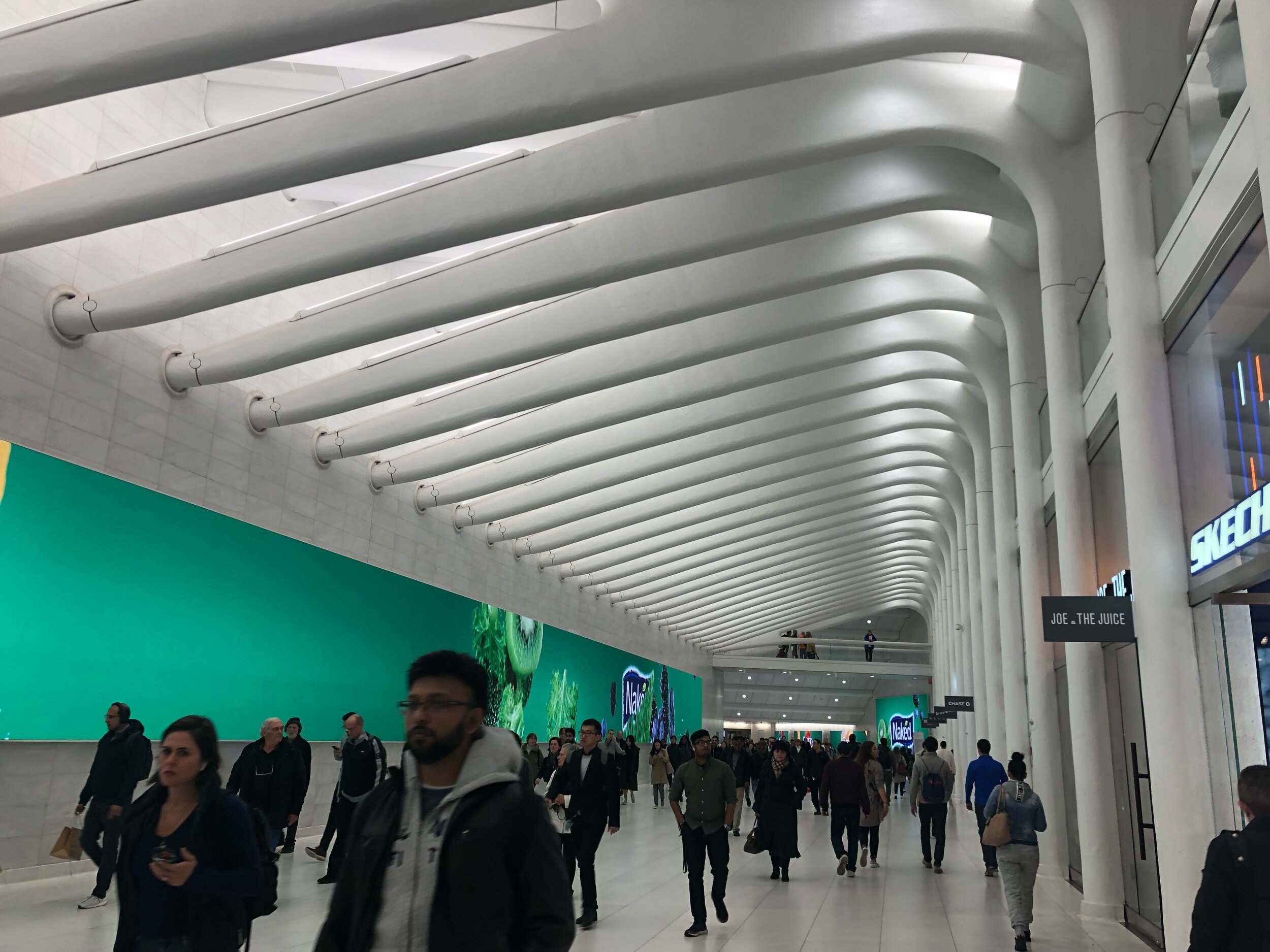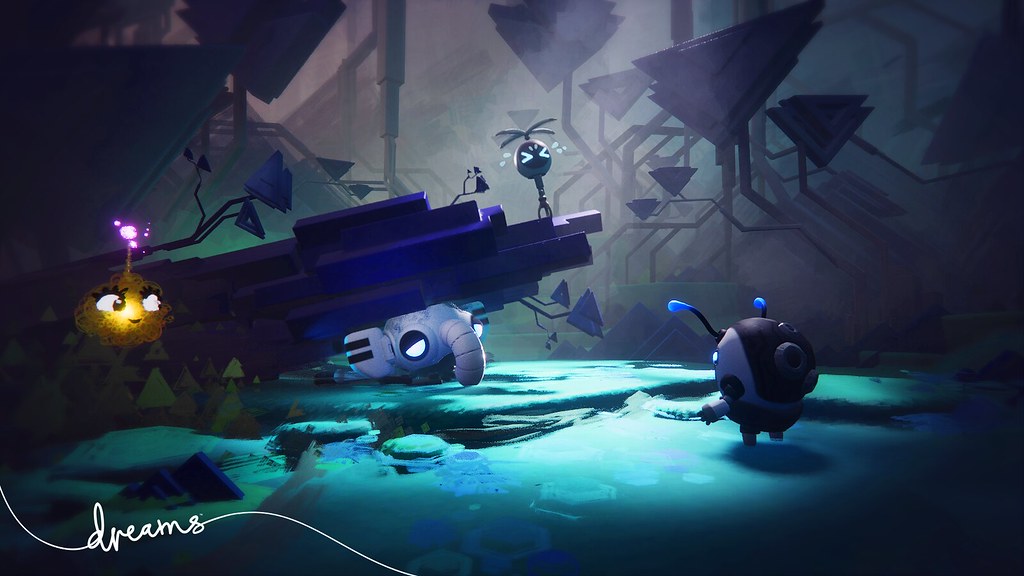NYC. Wow. It’s been a year but you remain such a concentrated blast of humanity.
I land in the wind. Some planes are cancelled so it’s lucky I make it.
LaGuardia is under going construction. I ponder if they had any climate protesters. The cars are jammed packed trying to drop in and out of the airport. It’s so crammed, that groups of us are bussed 5 or so minutes away to a taxi area.
Yes. A bus to catch a taxi. An Uber would have been a better idea.
The taxi driver suggests airport staff don’t really care much about efficiently moving passengers as they are paid by the hour. Unlike him.
Later, another taxi driver and I discuss the prices of taxis. He has the unexpectedly wise assertion that everything has a value/price and why would you buy something at a high value/price Expressing limited sympathy for those driver who bought taxi medallions are very high prices which have subsequently crashed.
Drivers still have the pulse on certain aspects of a city. The traffic is bad. Speeds are slow and mobility is not great and fairly expensive by taxi or Uber.
Subway still moves but looks dilapidated and a similar impression vs. Last year of under investment in this area
I ride the A train to JFK on a Friday evening. The carriage is predominantly black, the dress seems “lower class”, no suits, no obvious wealth. The middle class seems absent presumably in their Ubers or simply not in the A train route.
I like to walk and ride and bus to find the pulse of a city. I don’t have the time in my few hours to do that here.
The centre on Manhattan feels as crowded as ever. Gawping tourists, focused and exasperated locals.
The everyday cost of living seems to have increased again in a year. Milk is $8 in a random shop.
The buffet breakfast a notable expensive and Hotel Staple is over $30 with the tipping reaching 20% levels as a consistent nudge up.
I was in NYC over Sep 11. I’ve only fleetingly passed the world trade centre since but this time I’m deep in the bowels of Brookfield Place / Westfield / World Trade.
The feel is man made almost space-sci-fi like. Lots of white. These arches and patterns and humans and humans and humans moving and moving and moving.
I sense we must look like ants to any higher beings.
We pass by some of our modern consumer temples occasionally stopping by to give an offering and to receive candles, tea or headphones - a human paraphernalia.
I’m mostly in mobility or a hotel or an office-temple.
These corporate temples. Very hard to describe to outsiders. But I invite a handful in to see Thinking Bigly. It goes well only mildly subversive. I joke… It is the closest I’m going to come to Broadway.
Source: Numbeo / RHS = NYC , LHS = London. Milk turns out to be cheaper in NYC in this. But while there are some super markets eg Trader Joes and the like, there are seemingly more places like Tesco supplying cheap groceries in London than NYC. I sense Londoners might cook more too.
Chatting with my old friends, I’m surprised to find out how much more the cost of living in NYC has become. Especially in terms of groceries. This was only anecdote about the price of milk and chicken and the like but I went to check it out on comparison websites. These show that NYC is almost 80% more expensive on groceries than London. The gap between restaurants and groceries is closer - perhaps one reason why there might be more takeout in NYC than cooking at home (many NYCers don’t cook much).
It means for $7000 dollars cost in living standards in NYC can be had for $5000 in London.
While average salaries are higher in NYC it must be a real squeeze for the lower earning parts of NYC.
Still it’s culture is super vibrant- even if you might have to pay for it.
















